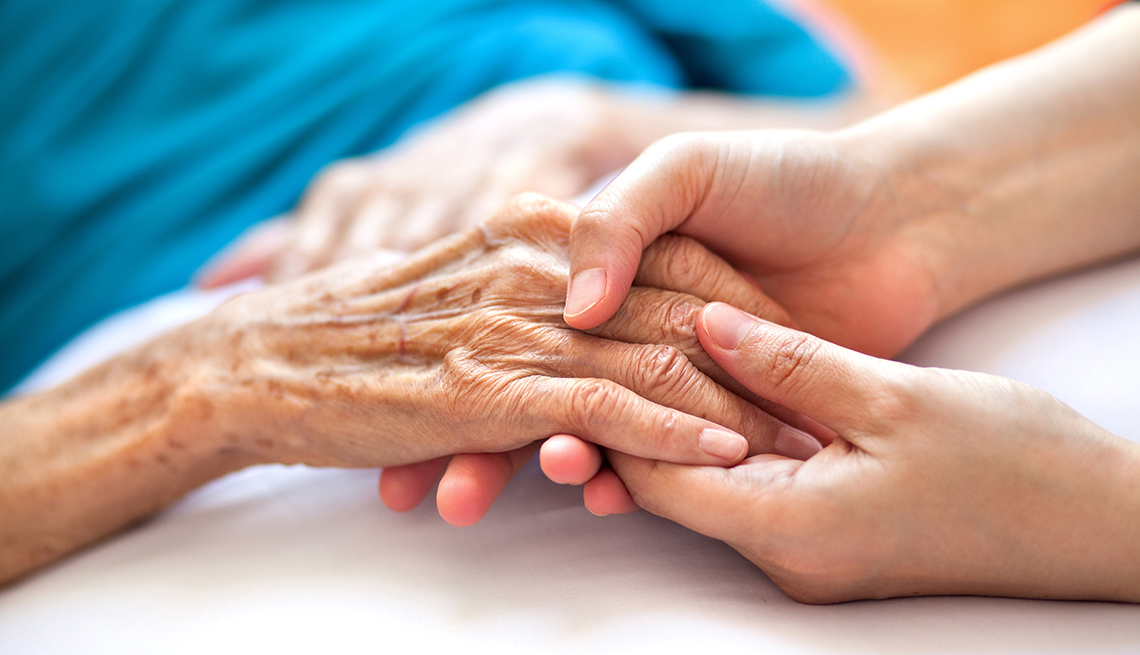
Adults' thoughts on death and dying
- Select a language for the TTS:
- UK English Female
- UK English Male
- US English Female
- US English Male
- Australian Female
- Australian Male
- Language selected: (auto detect) - EN
Play all audios:
The major impetus for this project was the recognition that, although it is a part of the life-cycle, opinions regarding the subject of death and dying are rarely discussed or studied. To
this end, we were interested in exploring whether or not adults were comfortable discussing end of life issues and whether they expect to take steps to ensure that they are prepared. Adults
understand the end of life transition as an important part of life and have positive attitudes related to this transition. Although most respondents noted that death and dying wasn’t
discussed during their childhoods, the majority of adults agree that getting older has a special value (81%) and that dying is an important part of life (86%). Most adults also say it is
rewarding to care for someone who is reaching the end of life (76%). Moreover, this positive attitude translates to a majority of adults saying they are comfortable with discussing death and
dying. Although few talked about death and dying during their childhood, most (81%) say they are either very or somewhat comfortable talking about these issues. Interestingly, men and the
oldest age group (65+) are significantly more likely to say they are comfortable discussing death and dying. Additionally, four in ten (41%) say the topic of death and dying is not discussed
enough in our communities. While adults are concerned about being a burden as they age, the survey results suggest that they are willing to discuss and prepare for end of life. For example,
eight in ten or more say they are comfortable talking about death and dying, want to be aware of serious health issues, and are likely to prepare related legal documents. However, there is
a difference between saying you will prepare and being prepared. Some studies show that fewer than half of adults (age 18+) have wills, which suggests that, though adults are willing to
prepare for end of life, they need more programs and services to help ensure that they actually take the necessary steps. The online survey of 1,003 adults age 18+ was conducted between
November 27 and December 2, 2018, by SSRS using its national dual-frame telephone omnibus. For more information, please contact Cheryl Lampkin at [email protected]. For media inquiries,
please contact [email protected]. MORE RESEARCH ON END OF LIFE ISSUES